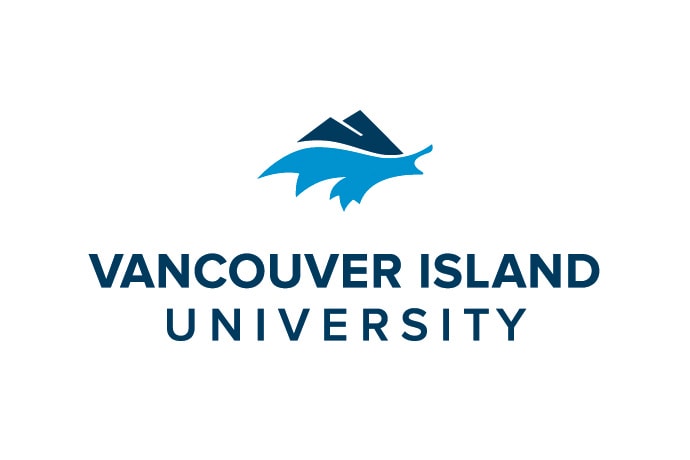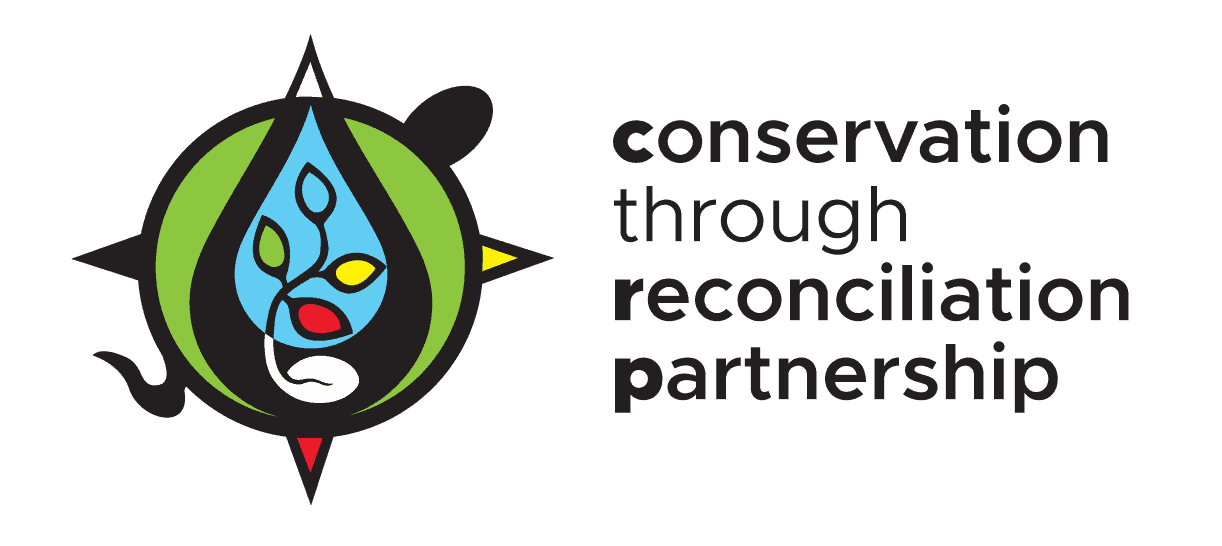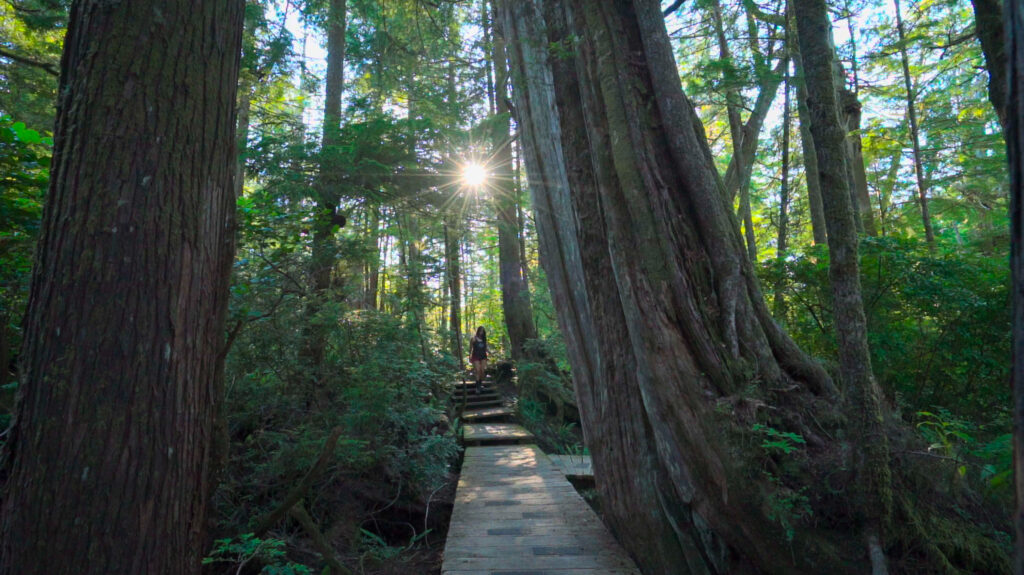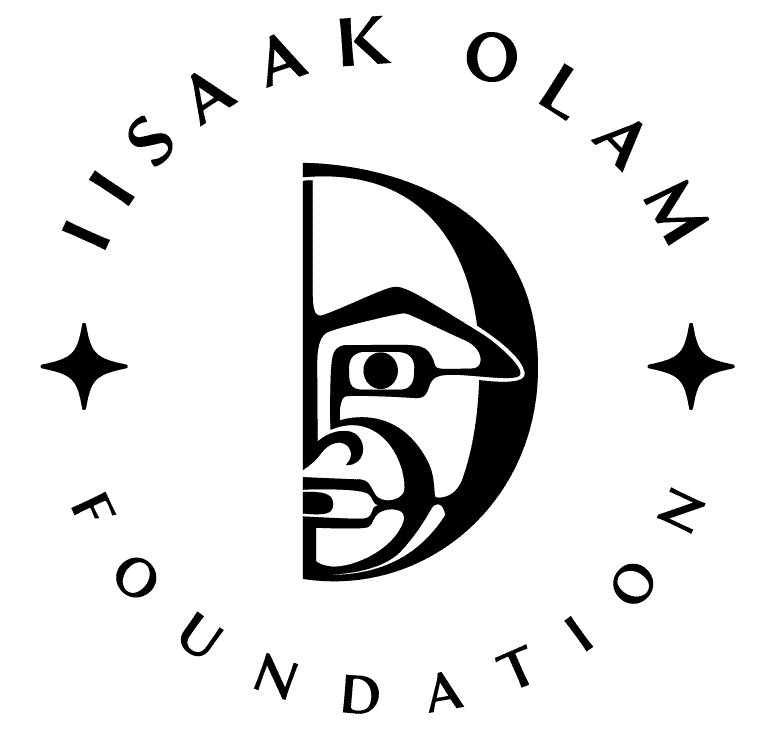PROGRAM DELIVERY
Course #1
IPCA 407 - IPCA Field Study
Monica Shore
This course is an in-person, on-the-land intensive in the Ha’houthlee of the Tla-o-qui-aht ha’wiih (Tofino, B.C.).
We respectfully acknowledge the Ha’houthlee of the Tla-o-qui-aht Ha’wiih. The IISAAK OLAM Foundation does not represent the Tla-o-qui-aht First Nation Band Council or the Tla-o-qui-aht Ha’wiih.
Setting the Context: History of Conservation and IPCAs in Canada
Written: We Rise Together Report – Report of the Indigenous Circle of Experts for Pathway to Canada Target 1. This report includes background, policy recommendations for establishing IPCAs in Canada.
Consider the following:
- Introduction, pages 1-18.
If you have more time, read or listen to the following:
- The dark history of Protected Areas in Canada, pages 27-33
Indigenous Protected and Conserved Areas pages 33-52
Audio: You can listen to up to chapter 3 (pages 27-33) of the We Rise Together Report here.
Video: Indigenous Circle of Experts and Canada Target 1. A video introducing the work of the Indigenous Circle of Experts towards the Pathway to Canada Target 1 and IPCAs.
This course consists of an experiential and immersive field study in an Indigenous Protected and Conserved Area (IPCA). Students will engage meaningfully with the people, place, and culture, reflecting critically on their social positions, worldviews, and approaches to planning.
Course #2
IPCA 417 - Intro to IPCAs
Dr. Soudeh Jamshidian
IPCA 417 – Intro to IPCAs – will be taught virtually.
This course introduces students to the definitions, principles, and practice of Indigenous Protected and Conserved Areas (IPCAs) in Canada. Students will learn international and domestic policies relevant to IPCAs and the role of Treaty relationships between Indigenous Nations, their lands, and newcomer societies. Diverse examples of IPCAs are presented.
Course #3
IPCA 427 - Indigenous Knowledge Systems
Dr. Allyson Menzies
This course will be taught virtually.
This course introduces students to the principles of planning with an Indigenous knowledge systems lens, as informed by Indigenous and Natural Laws. Ethical Space is presented as a knowledge systems interface to promote equitable and respectful engagement between Indigenous and Western approaches to planning for Indigenous Protected and Conserved Areas.
Course #4
IPCA 457 - Ecological, Cultural, and Socio-Economic Opportunities
Eric Wilson
This course will be taught virtually.
This course explores the roles of Indigenous Protected and Conserved Areas (IPCAs) in promoting ecological, cultural, and socioeconomic well-being. The course explores roles and opportunities for IPCAs in habitat protection, ecological restoration, cultural revitalization, reconciliation, food sovereignty, and economic resilience, with specific reference to the B.C. context.
Course #5
IPCA 447 - History, Law and Politics in BC
Dr. Justine Townsend
This course will be taught virtually.
This course provides a historical overview of Indigenous and newcomer relations in British Columbia, focusing on the legal and jurisdictional implications of this history for Indigenous Protected and Conserved Areas (IPCAs). Aboriginal Title, Treaties, case law, and modern agreements are explained, and diverse governance options for IPCAs in B.C. are explored.
Course #6
IPCA 437 - Creating IPCAs
Eduardo Sousa
This course will be taught virtually.
This course explores practical considerations for planning, establishing, and managing Indigenous Protected and Conserved Areas (IPCAs). Students will learn about processes and pathways for establishing IPCAs, jurisdictional considerations, capacity and financial needs of IPCAs, connections to Indigenous cultures, and the roles of planners in supporting IPCA planning, establishment and management.
Program Overview
What are IPCAs?
“IPCAs are lands and waters where Indigenous governments have the primary role in protecting and conserving ecosystems through Indigenous laws, governance and knowledge systems” (Indigenous Circle of Experts, We Rise Together report, 2018).
The Government of Canada has recognized that IPCAs are an innovative land-use planning tool for achieving the goal of protecting 25% of lands and waters by 2025 and 30% by 2030. B.C.’s current protected area land base is 15%.
Program Outcomes & Benefits
The IPCA Planning Certificate will help educate a new generation of planners with the skills, knowledge and capacity to support the establishment and stewardship of IPCAs and other Indigenous-led conservation initiatives in the B.C. context. Students will gain a greater understanding of Indigenous approaches to land relationship planning and the holistic and integrated approach to stewardship that IPCAs represent. They will gain an increased ability to navigate the interface between Western and Indigenous knowledge systems, laws, and governance systems using frameworks such as Ethical Space and Two-Eyed Seeing.
Admission Requirements
Completion of post-secondary diploma or completion of minimum of 54 academic credits including VIU’s Degree English Requirement.
Students who do not meet the minimum requirements may be accepted by the the program director on a case by case basis.
Applicants may be contacted for a short entrance interview.
Partners




Frequently Asked Questions
Terms & Definitions
“…lands and waters where Indigenous governments have the primary role in protecting and conserving ecosystems through Indigenous laws, governance. and knowledge systems” (Indigenous Circle of Experts, We Rise Together report, 2018).
The Government of Canada has recognized that IPCAs are an innovative land-use planning tool for achieving the goal of protecting 25% of lands and waters by 2025 and 30% by 2030. B.C.’s current protected area land base is 15%.
Ethical Space is a framework for guiding respectful interaction across cultural differences in a way that upholds the fundamental integrity of all knowledge systems entering that space. It is a model that creates a space of mutual trust, respect, equality, and collaboration.
Ethical Space allows for a space of discussion and planning with various knowledge systems when no one knowledge system is seen as superior.
Two-Eyed Seeing is an approach of inquiry and solutions in which people come together to view the world through an Indigenous lens with one eye (perspective), while the other eye sees through a Western lens.
About the Program
The IPCA Planning Certificate will help educate a new generation of land planners with the skills, knowledge, and capacity to support the establishment and stewardship of IPCAs and other Indigenous-led conservation initiatives.
Students will gain a greater understanding of Indigenous approaches to land relationship planning and the holistic and integrated approach to stewardship that IPCAs represent. They will gain an increased ability to navigate the interface between Western and Indigenous knowledge systems, laws, and governance systems using frameworks such as Ethical Space and Two-Eyed Seeing.
The 6 courses will be delivered over 13 months. All courses are completed in 40 hours.
More details on the courses can be found on the program page of Vancouver Island University’s website.
Program development is supported through funding from the Real Estate Foundation of B.C., the Conservation through Reconciliation Partnership, and Mitacs, as well as in-kind support from the IISAAK OLAM Foundation.
Program delivery is through the Vancouver Island University and the IISAAK OLAM Foundation.
Though this program is welcome to anyone and will benefit those doing land management work anywhere in Canada, this program does have a focus in British Columbia. This is intentional, as the legal and geopolitical landscape of each province is unique.
We hope that more region-based courses like this will be created across Canada and the world.
Registration to the program takes place on Vancouver Island University’s website. APPLY HERE.
The application deadline is June 15, 2025, or until all seats are filled, whichever is first. Interested applicants are encouraged to register as early as possible. There are 24 seats available and eligible applicants are admitted on a “first come, first served” basis.
FAQs
We will be following all provincial health orders and safety protocols for Covid-19 at the time of the field school.
Please see Vancouver Island University’s website for a full breakdown of fees.
Priority will be given to those who apply for the entire certificate program. After the registration deadline (June 15, 2025), we may consider accepting applicants who are only interested in one course.
The IPCA 407 field course in September has more restricted participation for two main reasons: (1) Space at the Clayoquot Campus is limited; (2) It is designed as a relationship building experience for those enrolled in the entire program.
Anyone interested in the IPCA 407 field school is advised to reach out to the IISAAK OLAM Foundation to learn about productive retreats at the Clayoquot Campus.



